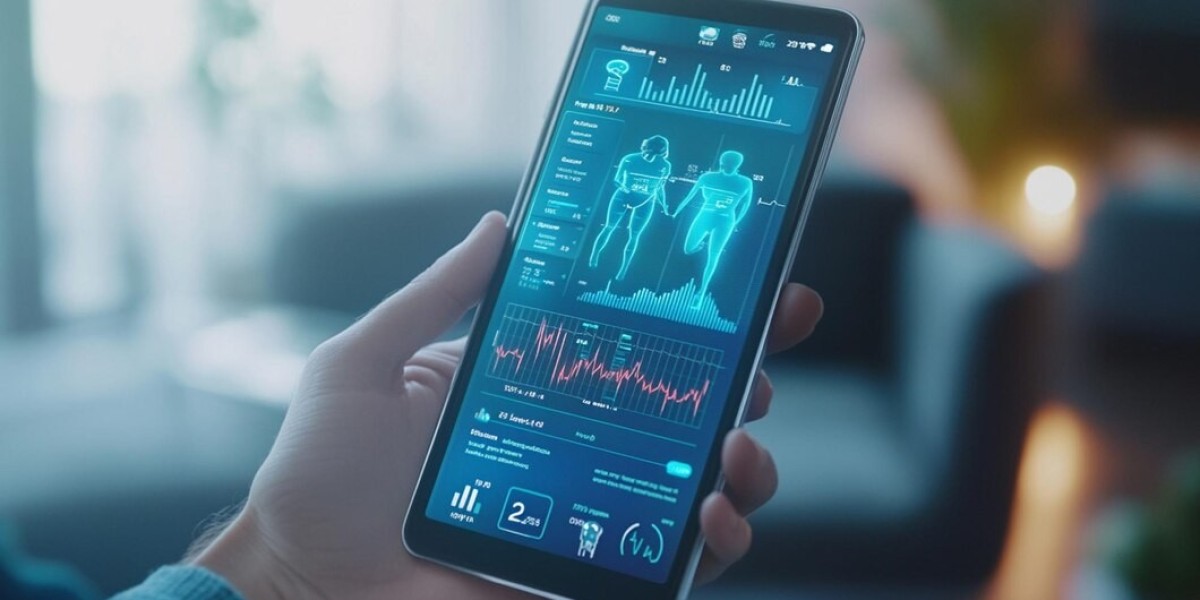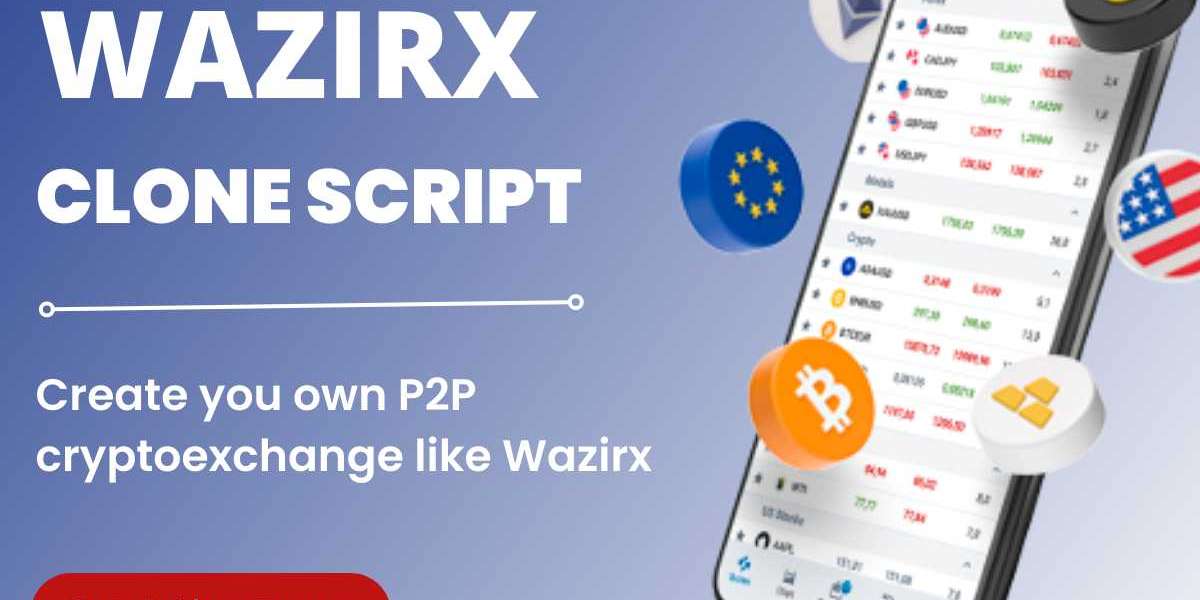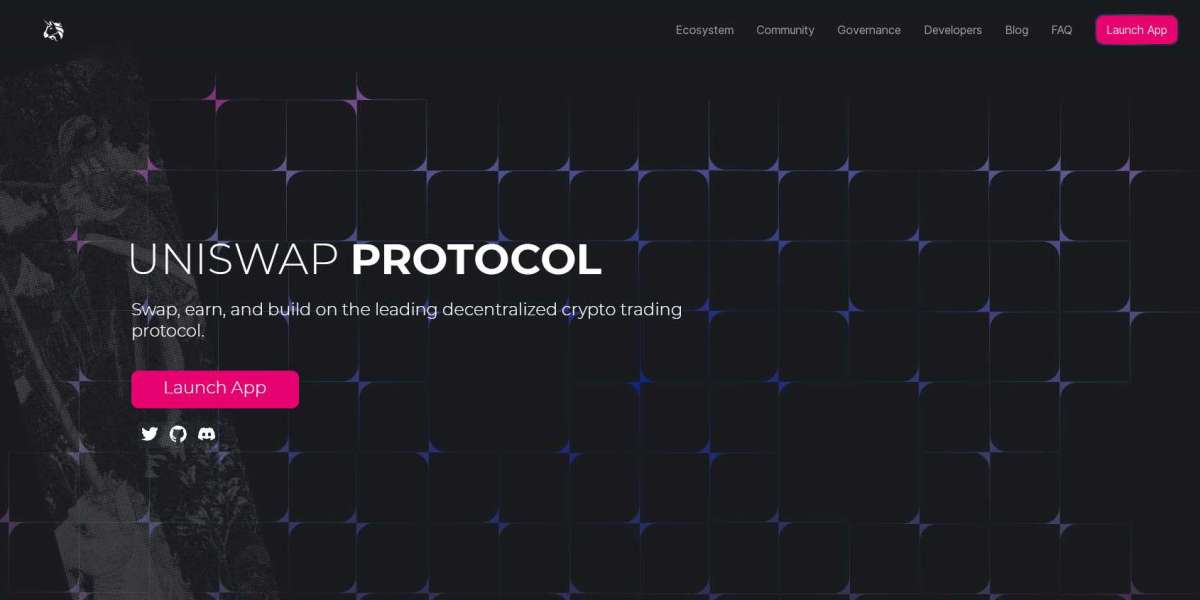In today's fast-paced world, health monitoring apps have revolutionized the way people manage their health. With advancements in technology and the increased use of smartphones and wearable devices, these apps have become indispensable tools for promoting health, preventing disease, and even managing chronic conditions. From tracking vital signs to offering insights into fitness levels, sleep quality, and mental well-being, health monitoring apps have brought healthcare into the palms of our hands. This article explores the importance, benefits, challenges, and future of health monitoring apps in modern healthcare.
The Rise of Health Monitoring Apps
Health monitoring apps began as simple fitness trackers, primarily focused on steps, calories burned, and basic workout routines. Over time, as sensors and algorithms improved, their functionality expanded dramatically. Today’s apps can monitor complex physiological metrics such as heart rate variability, oxygen saturation, blood pressure, glucose levels, sleep patterns, and even ECGs (electrocardiograms). They can help users detect irregularities early, manage existing conditions, and improve overall well-being by promoting healthy habits and behaviors.
As healthcare systems increasingly turn to technology for solutions, the role of these apps continues to grow. For patients and providers alike, these tools can help bridge the gap between traditional in-person visits and ongoing remote health monitoring.
Benefits of Health Monitoring Apps
Real-Time Data Collection One of the most significant advantages of health monitoring apps is their ability to provide real-time data. Whether it’s a fitness enthusiast tracking their heart rate or a diabetic monitoring their blood glucose levels, real-time access to data allows for immediate action. This constant stream of information can help users recognize potential health risks and take preventive measures before issues escalate.
Improved Chronic Disease Management For individuals with chronic conditions such as diabetes, hypertension, or cardiovascular diseases, regular monitoring is crucial. Health monitoring apps make it easier for users to log their symptoms, medication intake, and monitor vital signs. Some apps can even integrate with other medical devices, like glucose monitors or blood pressure cuffs, allowing for a seamless transfer of data. This consistent monitoring can help prevent complications and promote better disease management, reducing the need for frequent doctor visits.
Personalized Insights By analyzing the user’s health data, many apps offer personalized feedback and insights. This can help individuals make better lifestyle choices, such as improving sleep, increasing physical activity, or adjusting dietary habits. Over time, users can see trends in their health metrics and adjust their behaviors accordingly. For instance, a user may notice that poor sleep correlates with higher stress levels, prompting them to prioritize rest.
Remote Patient Monitoring (RPM) Health monitoring apps have become integral to remote patient monitoring programs. This is particularly valuable for elderly patients or those living in remote areas where access to healthcare services may be limited. By sharing their health data with healthcare providers, patients can receive timely interventions, reducing the need for emergency hospital visits or exacerbations of their conditions.
Enhanced Mental Health Support In addition to physical health, mental well-being is a critical aspect of overall wellness. Many health monitoring apps include features that track mood, stress, and anxiety levels. Some apps offer guided meditations, breathing exercises, or cognitive behavioral therapy (CBT) tools to help users manage their mental health more effectively. These features have made mental health support more accessible, particularly during times when in-person therapy may not be feasible.
Data-Driven Healthcare Decisions For healthcare providers, the data collected from health monitoring apps can be invaluable. By reviewing trends and patterns in their patients' health metrics, doctors can make more informed treatment decisions. For example, a cardiologist might use ECG data from an app to diagnose a potential arrhythmia without requiring the patient to wear a cumbersome Holter monitor. This real-time data can improve diagnostic accuracy and treatment outcomes.
Key Features of Modern Health Monitoring Apps
Integration with Wearable Devices Health monitoring apps often work in tandem with wearables such as smartwatches, fitness trackers, or even medical-grade devices. These wearables collect critical health data continuously and sync it to the app, providing users with comprehensive insights into their daily activity, sleep quality, heart rate, and more.
Artificial Intelligence and Predictive Analytics Advanced health apps leverage artificial intelligence (AI) and machine learning algorithms to offer predictive insights. By analyzing patterns in a user’s data, AI can predict potential health risks. For example, an app might warn a user of an impending heart event based on irregularities in their heart rate or ECG readings. Such predictive analytics can help users and doctors make proactive health decisions.
Customizable Goals and Reminders Many health monitoring apps allow users to set personalized health goals, whether they pertain to weight loss, fitness, or disease management. Apps also send reminders to take medications, check vitals, or get enough steps in for the day, helping users stay on track.
Telemedicine Integration Some health monitoring apps include telemedicine features, allowing users to consult with healthcare professionals remotely. This is especially useful for follow-up appointments, medication adjustments, or when users need quick advice but can’t visit a doctor in person. With video calls and secure messaging, telemedicine bridges the gap between patient and provider, all through the convenience of an app.
Challenges and Concerns with Health Monitoring Apps
Data Privacy and Security One of the major concerns surrounding health monitoring apps is data privacy. Since these apps collect sensitive health data, there’s a risk of data breaches or misuse of information. App developers must ensure compliance with privacy regulations like HIPAA (Health Insurance Portability and Accountability Act) in the U.S. or GDPR (General Data Protection Regulation) in Europe. Encryption and secure data storage practices are essential to protect user information.
Accuracy of Data While health monitoring apps and wearables have become increasingly accurate, they are not always perfect. Inaccurate data can lead to incorrect health assessments or unnecessary anxiety for users. It is essential to understand that these apps are supplemental tools and should not replace professional medical advice or diagnostic equipment.
Digital Divide Despite the widespread adoption of smartphones and health apps, not everyone has access to these technologies. Low-income populations or elderly individuals may lack the devices or technological know-how to benefit from health monitoring apps. Bridging this digital divide is crucial to ensure equitable healthcare access for all.
Over-Reliance on Self-Diagnosis The convenience of health monitoring apps can sometimes lead to over-reliance on self-diagnosis. Users may attempt to interpret complex health data without consulting a healthcare professional, leading to potential misdiagnoses or unnecessary panic. It is important to use these apps in conjunction with professional medical guidance.
The Future of Health Monitoring Apps
The future of health monitoring apps looks promising as technology continues to evolve. Several trends are shaping the development of more sophisticated, user-friendly, and impactful apps.
5G and Faster Connectivity: With the advent of 5G networks, health monitoring apps will be able to transmit larger amounts of data more quickly and reliably. This will enhance real-time remote monitoring, allowing healthcare providers to make faster and more informed decisions.
Integration with Healthcare Systems: As electronic health records (EHR) systems become more integrated with apps, the seamless flow of data between patients, apps, and healthcare providers will improve continuity of care. This integration can lead to more personalized treatment plans and better patient outcomes.
Augmented Reality (AR) and Virtual Reality (VR): AR and VR could be used in apps to provide immersive health experiences. For example, virtual environments could be created for physical rehabilitation or mental health therapy sessions.
Genomics and Precision Medicine: In the near future, health monitoring apps may integrate genetic data to provide personalized health recommendations based on an individual's DNA. This could revolutionize preventative healthcare by offering tailored advice on diet, exercise, and disease risks.
Conclusion
Health monitoring apps are playing an increasingly vital role in modern healthcare. By empowering individuals with real-time data, personalized insights, and tools to manage their health, these apps are transforming the way we approach wellness. However, while the benefits are immense, challenges such as data privacy, accuracy, and equitable access remain. As technology continues to advance, the future of health monitoring apps promises to bring even more innovative solutions to healthcare, making health management more accessible, efficient, and effective for everyone.



